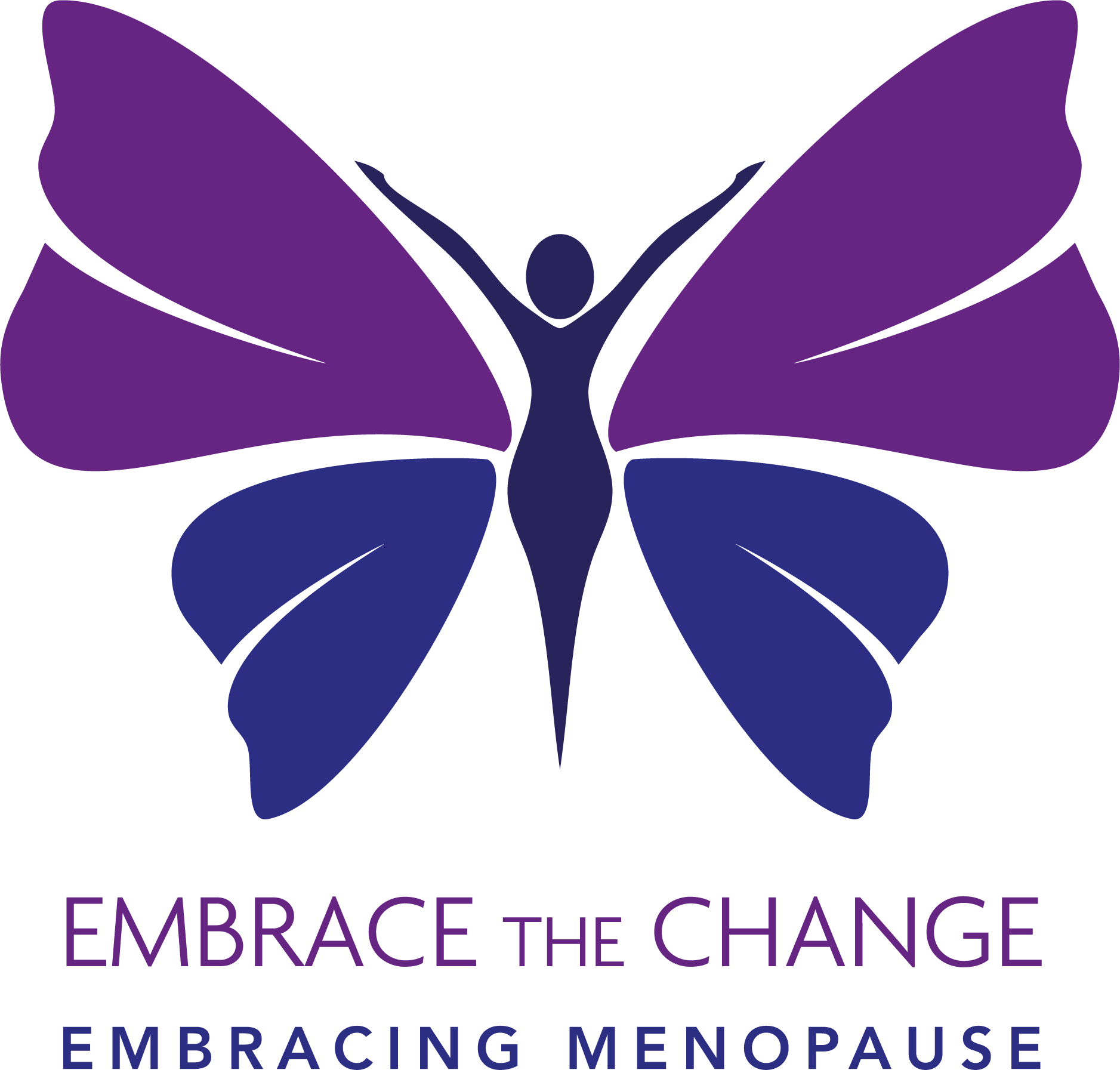FAQs
We understand that navigating perimenopause and menopause can be challenging. This FAQ section is designed to provide you with clear, supportive answers to common questions, helping you feel informed and empowered during this significant life transition. Your journey is unique, and we're here to guide you every step of the way.
Frequently Asked Questions
Navigating perimenopause and menopause can be challenging, but you’re not alone. Here, we address some of the most common questions to help you understand this natural transition better.
What is perimenopause?
Perimenopause is the transitional phase leading up to menopause, where hormonal changes begin to occur. This phase can last several years and is marked by various symptoms.
During perimenopause, women may experience irregular periods, hot flashes, mood swings, and sleep disturbances as their bodies adjust to fluctuating hormone levels.
What are the symptoms of menopause?
Menopause is officially diagnosed after 12 consecutive months without a menstrual period. Common symptoms include hot flashes, night sweats, vaginal dryness, and changes in mood.
These symptoms can vary in intensity and duration, affecting each woman differently. Understanding these changes can help you manage them more effectively.
How long does menopause last?
Menopause itself is a point in time, but the symptoms can last for several years. Many women experience symptoms for 4 to 5 years after their last period, though some may find relief sooner.
It's important to remember that every woman's experience is unique, and support is available to help you through this time.
Can lifestyle changes help with symptoms?
Yes, lifestyle changes such as regular exercise, a balanced diet, and stress management techniques can significantly alleviate menopause symptoms.
Incorporating mindfulness practices, staying hydrated, and avoiding triggers like caffeine and alcohol can also be beneficial.
When should I seek help?
If your symptoms are affecting your quality of life, it’s important to seek help. A healthcare professional can provide guidance and discuss treatment options tailored to your needs.
Don’t hesitate to reach out for support; you deserve to feel your best during this transition.
Is hormone replacement therapy safe?
Hormone replacement therapy (HRT) can be effective for managing severe menopause symptoms, but it’s not suitable for everyone. Discussing the risks and benefits with your doctor is essential.
Your healthcare provider can help you make an informed decision based on your health history and personal preferences.
